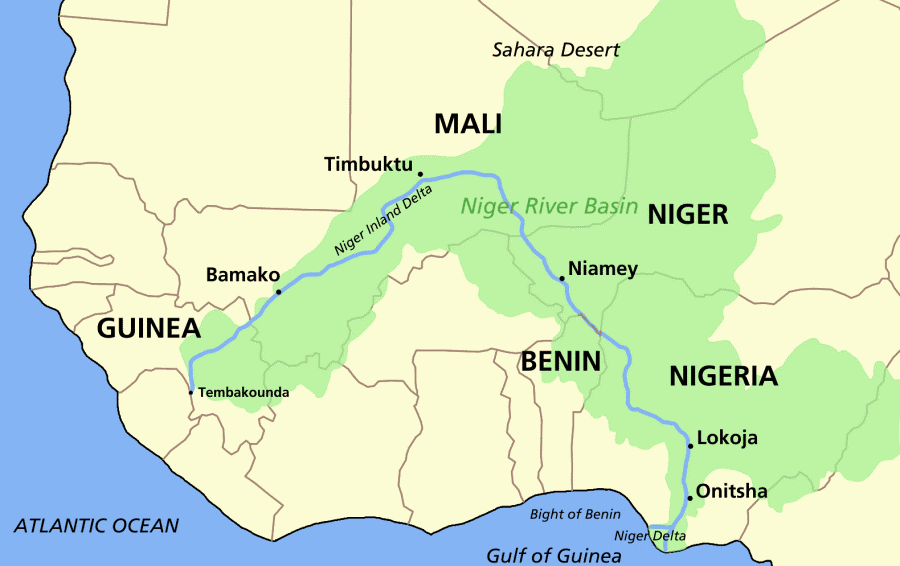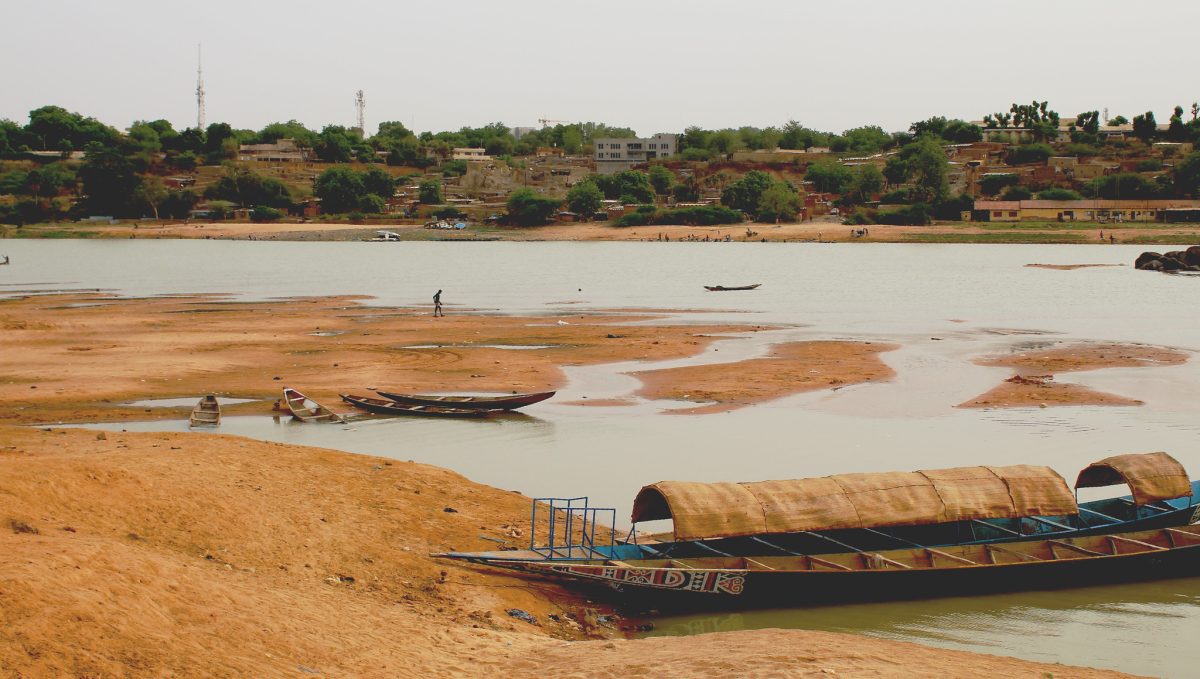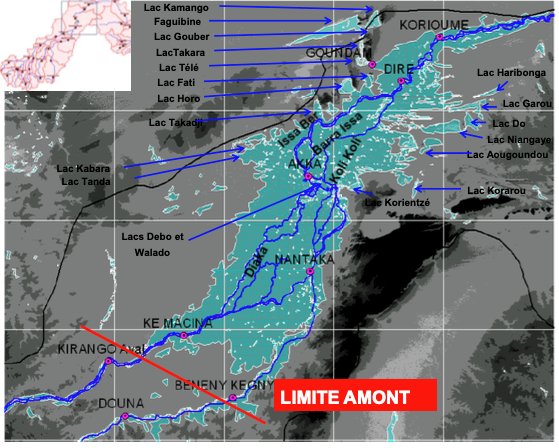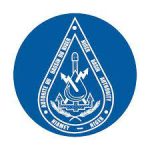Enhancing Niger Basin’s ecosystem through modeling and improved decision making
Posted in : Blog on 13 September 2020
On International Day of Disaster Risk Reduction 2020, we turn our focus on the recent floods witnessed in Niger. Cooperation in International Waters in Africa (CIWA) advocates for creating a cohesive governance mechanism to mitigate the impact of climate change by empowering institutions and making evidence-based decisions.
The Niger River – a source of life and hope – can be destructive if not properly managed. The recent floods in Niger and Mali show that it can have damaging consequences, especially on the communities living on the edge of the river. Today, largely unregulated in its upper and central sections, the river is the third-longest in Africa. Large investments are ongoing in Guinea, Mali, and Niger.
Given its transboundary nature and its critical role for the region’s socio-economic development, cooperation between riparian countries is key and will be even more critical once the new dams are built. The Niger Basin Authority (NBA) needs to be ready when this time comes.

Niger Basin: a lifeline under threat
The Basin has diverse climates, ecosystems, human settlements, and agricultural production systems. It has a rich and diversified fauna, flora, and has several major protected areas, notably the Niger Inner Delta wetland in Mali. The Delta is one of the largest floodplains in Africa and acts as a natural reservoir. Depending on the inner flow, the magnitude and duration of the inundation in the Delta can significantly fluctuate from one year to another, leading to strong variations in natural conditions, which impacts the productivity of around 900,000 people living in the Delta, such as floating rice farmers, herders and fishermen. The Delta region is further threatened by pollution and affected by sedimentation in areas where the wind carries sands from dry parts of the watershed.
The Basin’s population is highly vulnerable as their sustenance and wellbeing depend on unpredictable and extreme rainfall, particularly in the Sahel part of the Basin, intensified by climate change leading to prolonged droughts and floods. Political instability, tensions and conflicts increase the region’s fragility and security.
Also, the growing economic activities are degrading the river at a fast pace. Particularly, sand extraction for construction in the upstream Delta deepens the river bed, which lowers the water table, erodes the banks, and weakens infrastructure such as bridges.

Our environment has become so degraded that everyone must help our communities save the river on which our livelihoods depend: the government, the donors. We all have to increase the efforts to restore the degraded banks and protect natural areas because the Delta is a source of growth for Mali as a whole and not just us in the Delta.
Boureima Toure, Fisherman, Guinea
Promoting regional collaboration for preserving the Basin
Cooperation in International Waters in Africa (CIWA) is working with the Niger Basin Authority (NBA) and supporting governments to improve water resources development and sustainable management of the Basin, including finding ways to reverse its ecosystem degradation. Because biodiversity conservation needs to be directly factored in sustainable socio-economic development initiatives, CIWA incorporates this dimension in the support it provides to the NBA.
Supporting sustainable infrastructure development
Managing water resources and sharing the benefits is vital for the development of the region. CIWA has been supporting an original decision-making process to evaluate and use the results of the Environment Social Impact Analysis (ESIA) and feasibility studies carried out for the Fomi dam in Guinea. Fomi is one of the three dams selected by the Niger Basin countries to form the backbone of regional economic cooperation anchored in the sustainable development of the water resources. The evaluation conducted, and the decision-making process applied was instrumental in selecting an alternative location of the site for the Fomi Multipurpose Project considering downstream impacts onto the ecologically rich and sensitive Niger Inner Delta as well as resettlement impacts.
CIWA also helped the NBA to develop advanced modeling of eco-systemic and socio-agroeconomic services provided by the annual flooding of the Delta under various flow patterns from the Upper Niger Basin, and abstractions for different uses, like irrigation. The model combines a hydraulic model; a precise Digital Elevation Model of the Delta; and an eco-systemic model converting biomass into monetary terms. This UNIQUE model can help significantly improve the prediction of the impacts of any upstream hydraulic structure such as a dam.

NBA, through this model, will be able to make an informed decision and evaluate the trade-offs associated with various water release patterns of the planned investments. NBA can accurately evaluate the costs and benefits associated with planned infrastructures and play a growing role in the negotiations among the basin countries.
This model can help preserve and conserve the biodiversity of the region, especially of the Niger Inner Delta, which is facing the onslaught of climate change and unsustainable socio-economic practices. It can also help optimize productive investments at the local level, allowing the users to make the best of the water fluctuation by anticipating the water level in their areas.
CIWA also supported the preparation of the US$ 3.1 billion Climate Resilience Investment Plan, which was presented at COP21 in Paris and has already attracted around US$ 300 million investments for increasing the basin populations’ resilience.
Climate change is a reality, and we need to live with it. We have vital infrastructures to manage the river’s survival, such as dams. It is on us to rationalize and use what we have. Together with the people, partners, and governments, we can improve the situation. There is a need to act quickly and reverse the trend to sustain 160 million people.
Abderahim Bireme Hamid, Executive Secretary, Niger Basin Authority
Photo credits: Niger Basin Authority
Learn more
- Watch the Niger Basin Video: NIGER BASIN: Building Climate-Resilience through improved systems and tools
- Visit the Niger Basin Authority Website: Niger Basin Authority.



